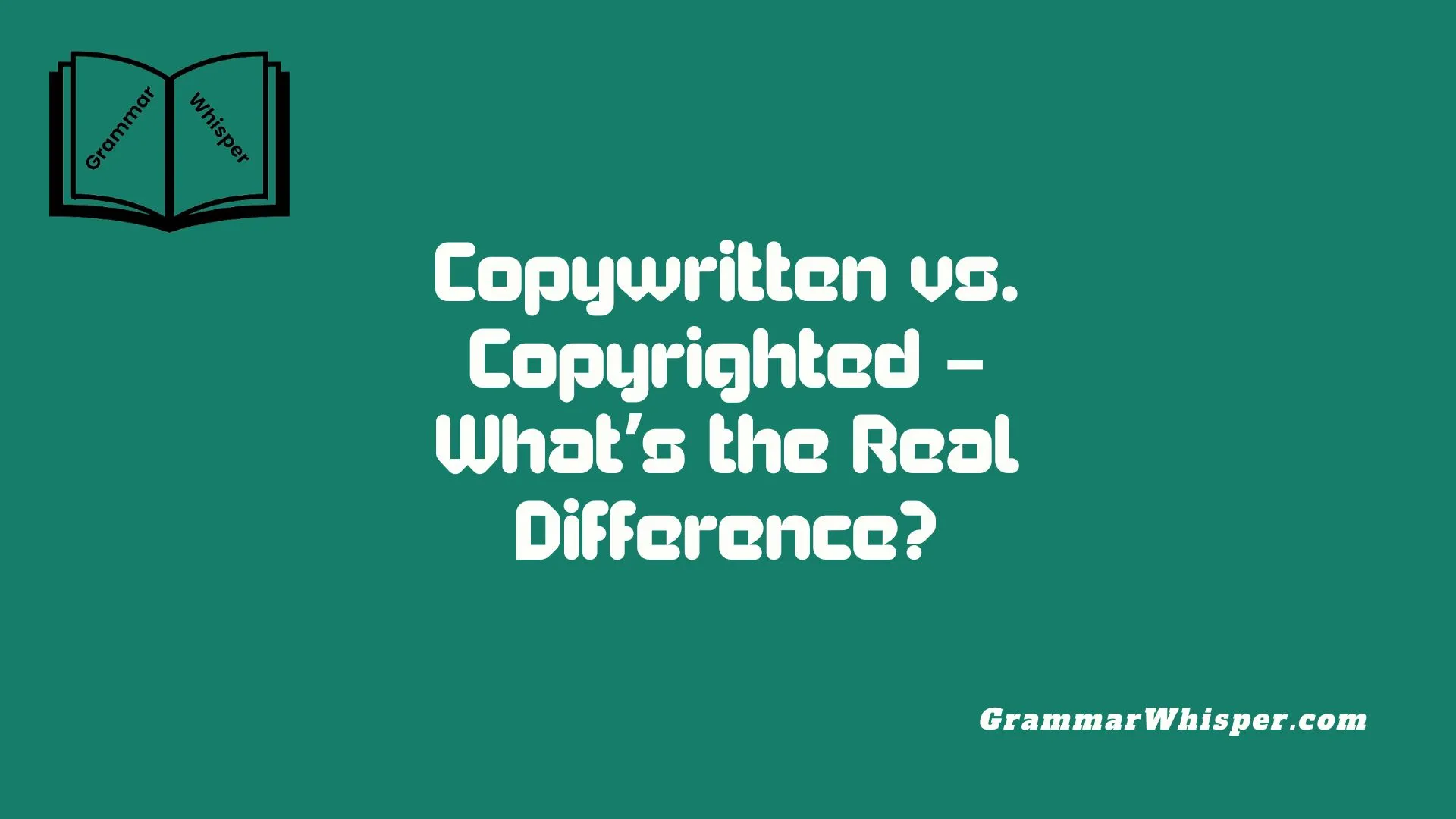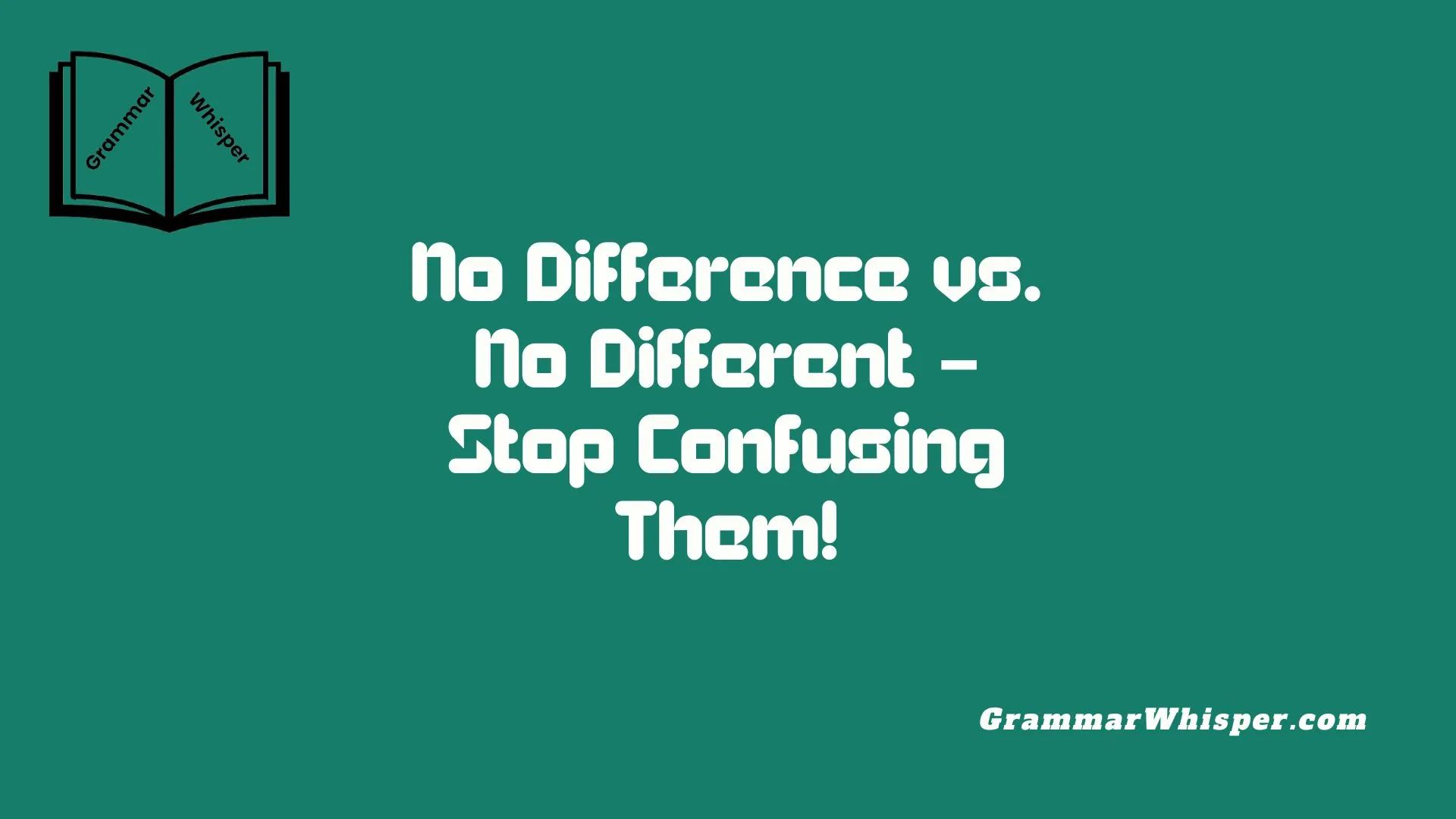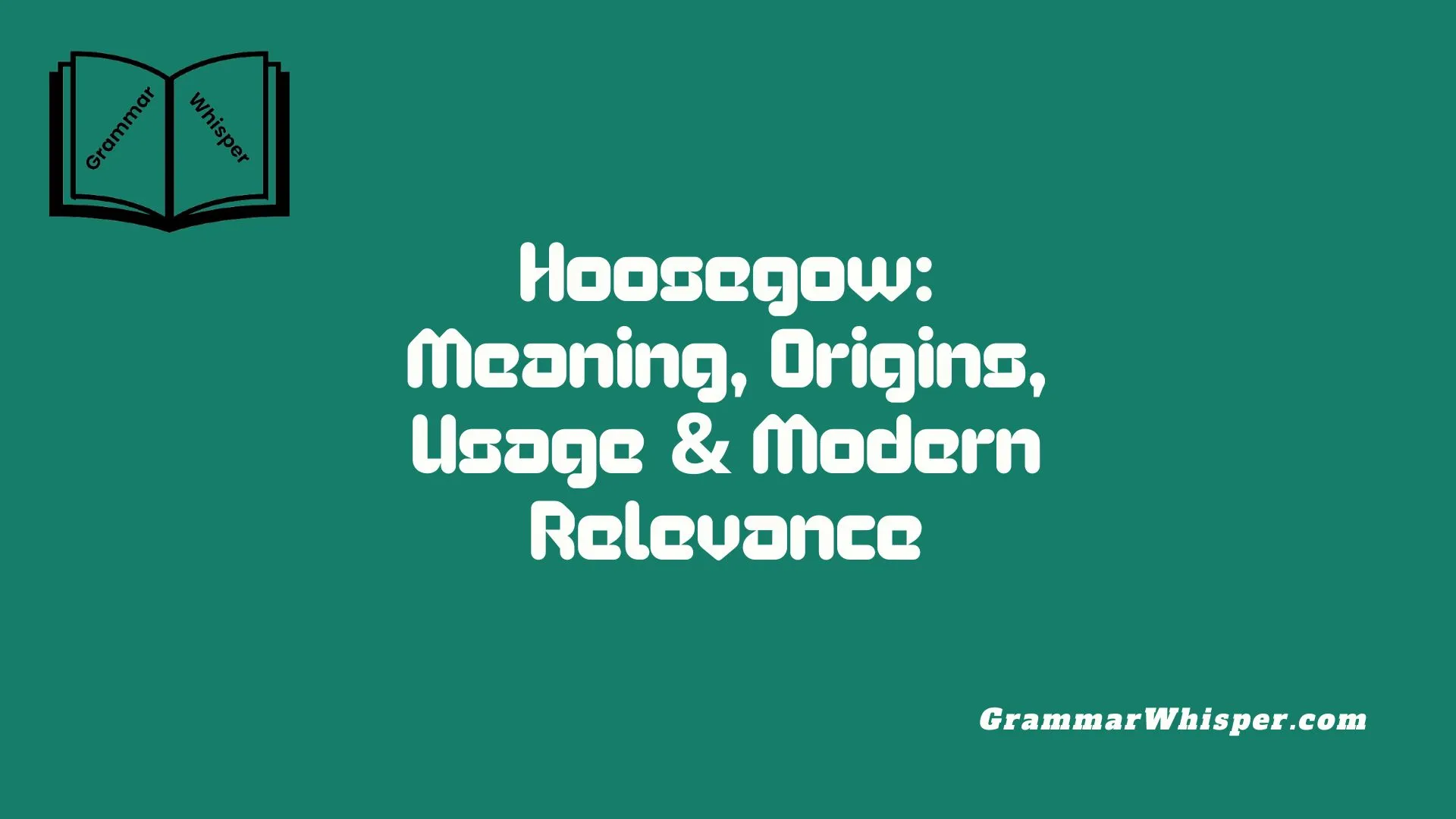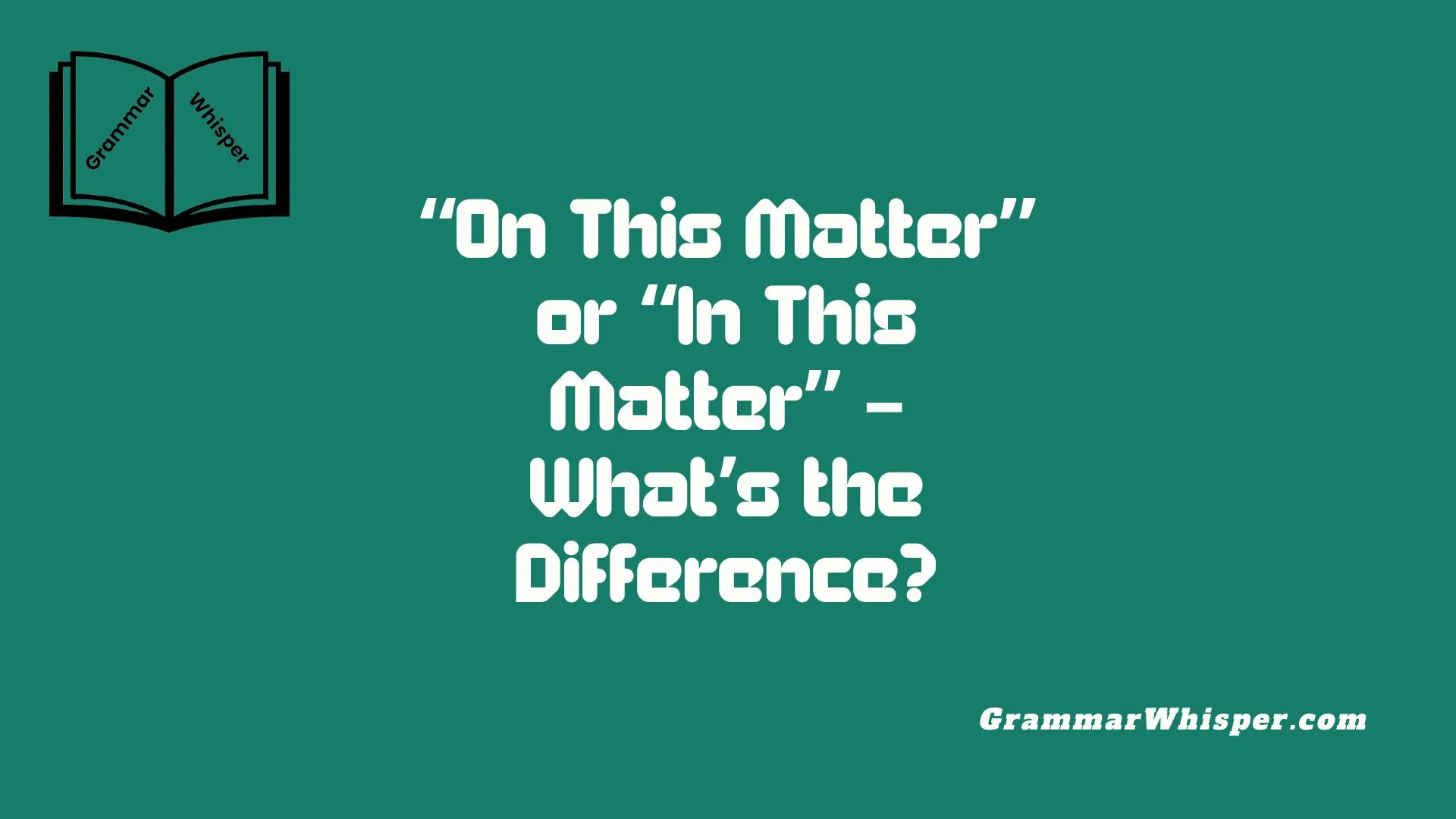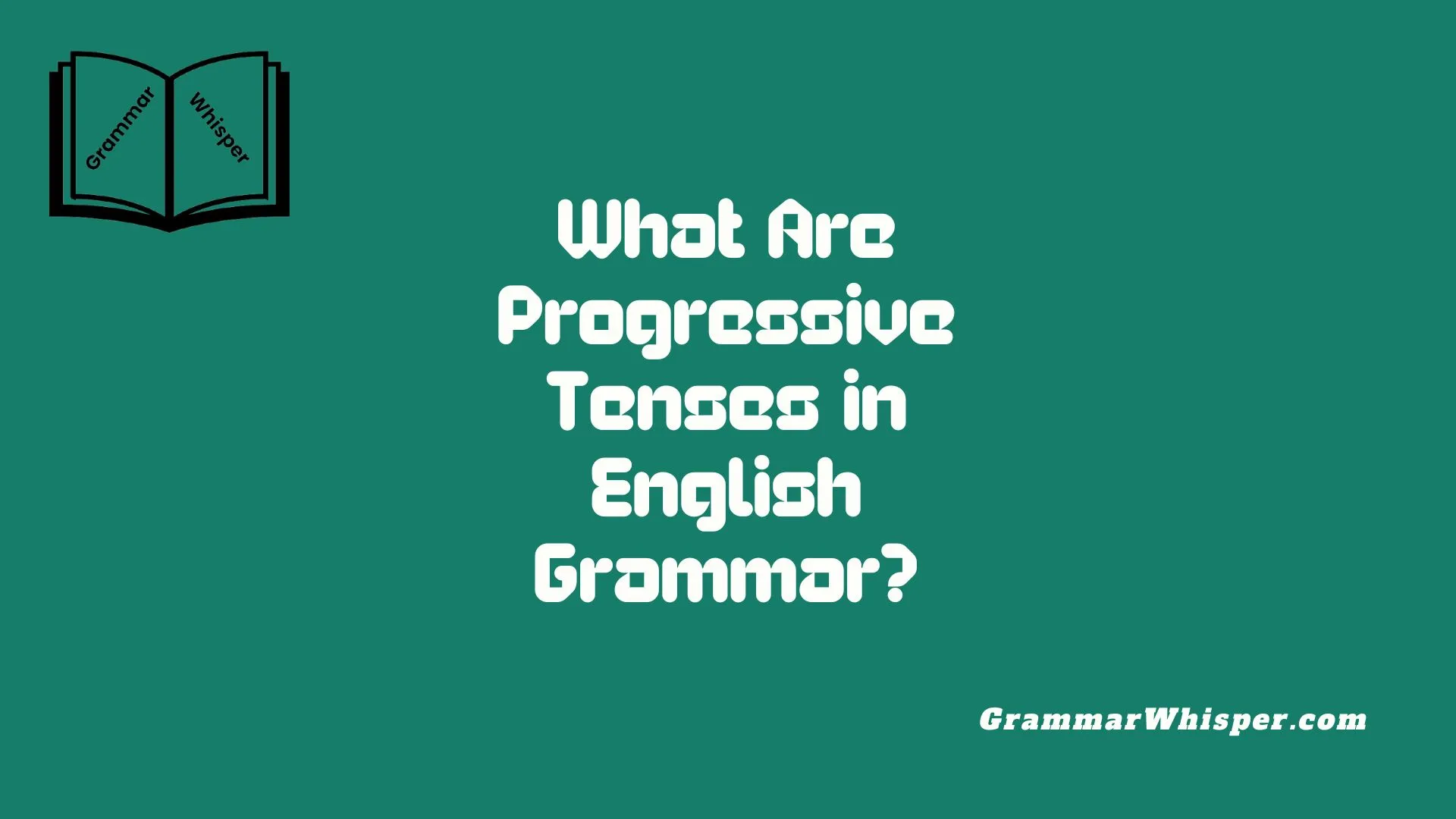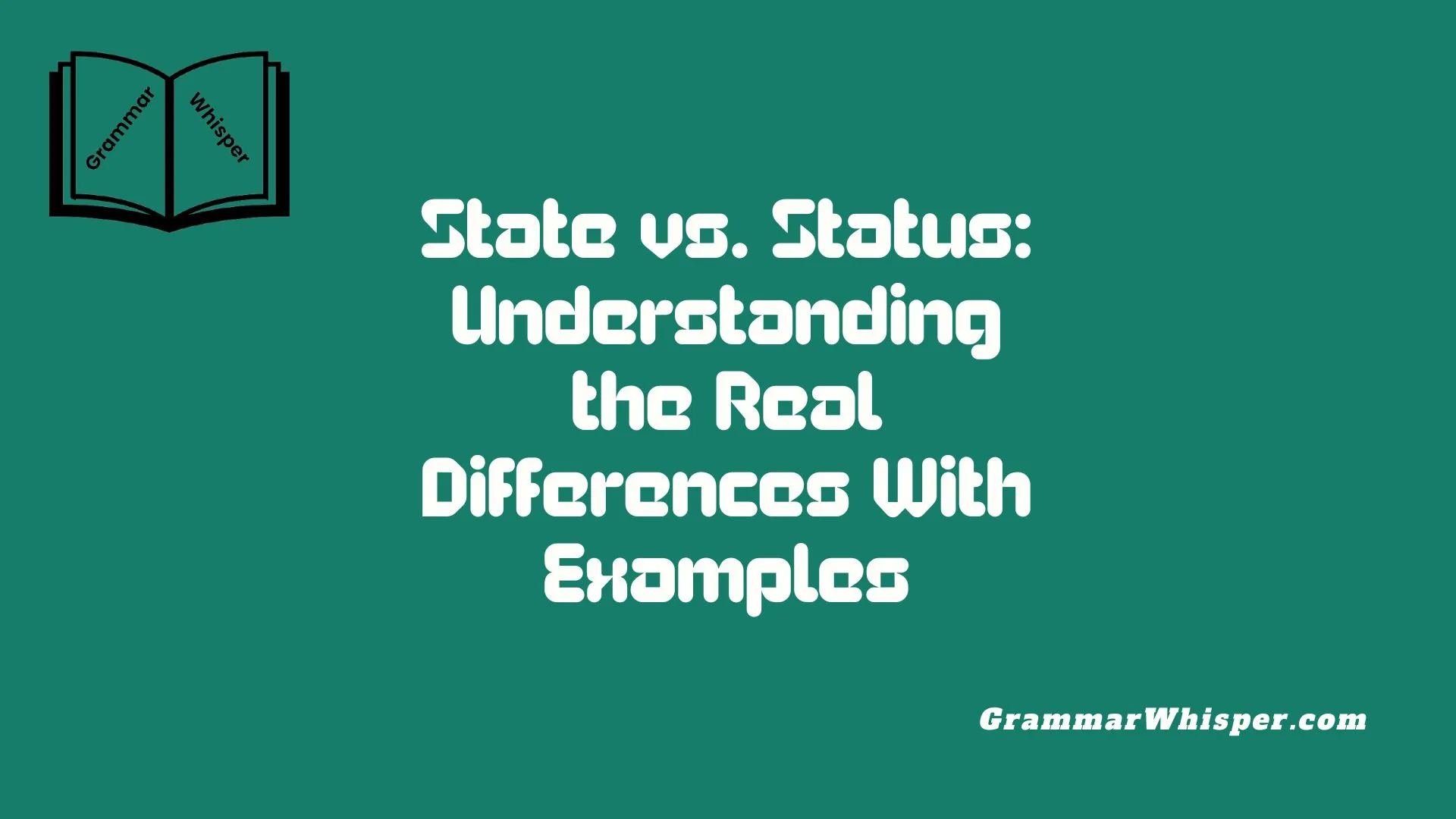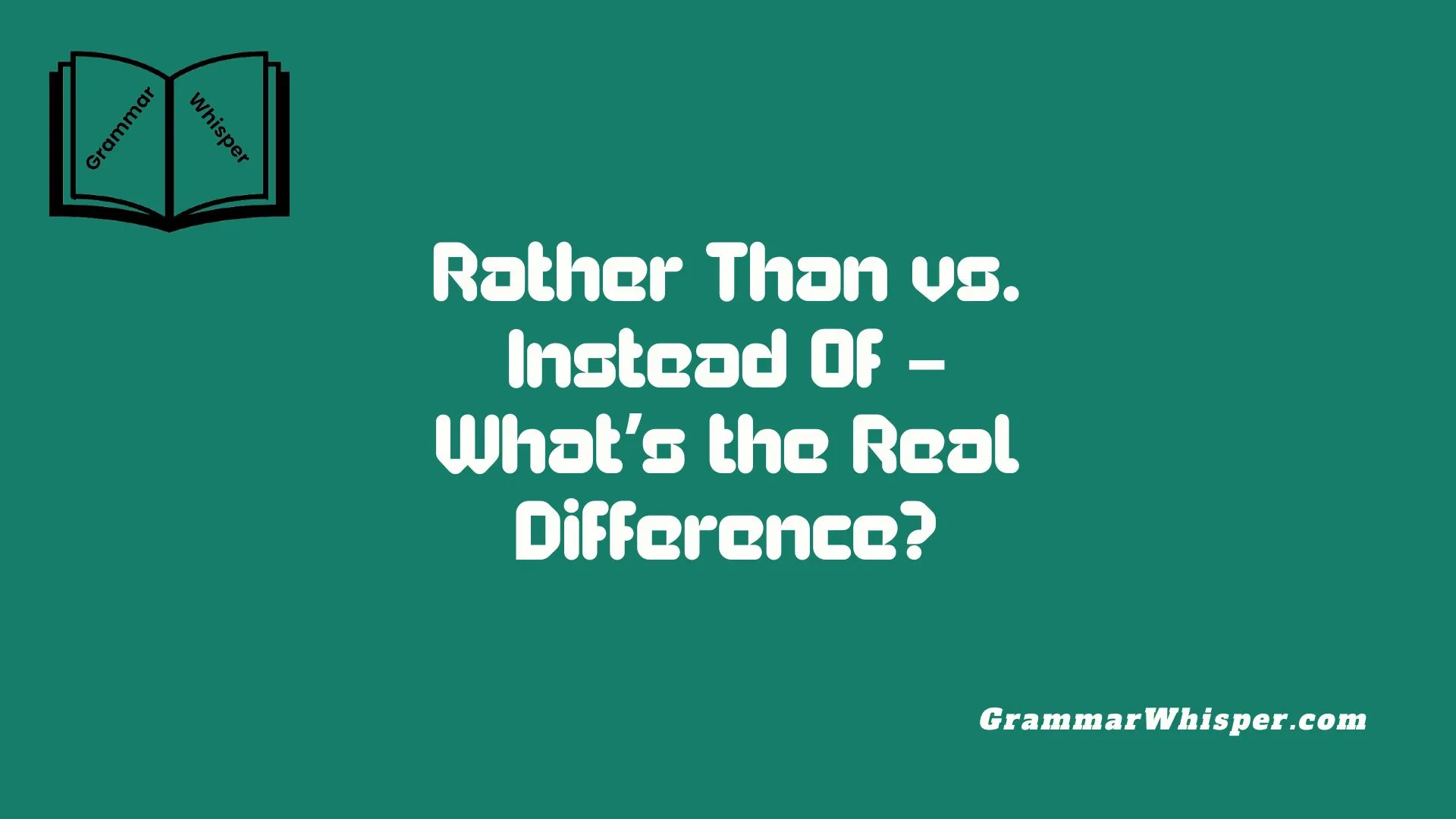“Anyone Else,” “Someone Else,” and “Everyone Else”:
In English, a tiny word like else might seem small, but it can change the entire meaning and intent of a sentence. Just add it to common pronouns such as anyone, someone, or everyone, and the tone, scope, and emotion can shift suddenly. These expressions aren’t just everyday phrases – they’re sharp tools in social … Read more

